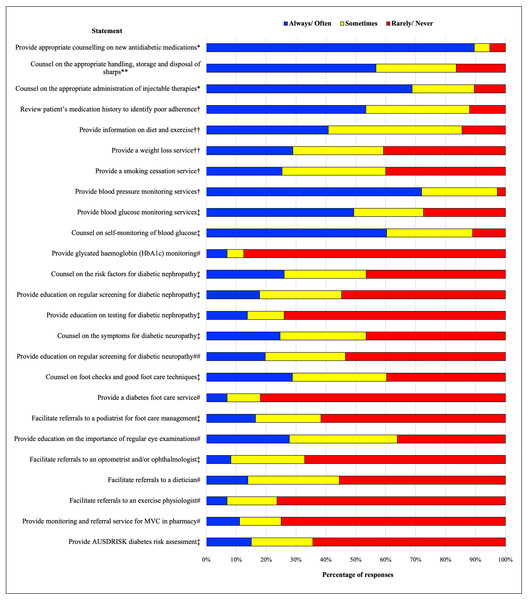Leonie Newcomb
Blogeinträge von Leonie Newcomb
 One of the most significant ways provided by law courts in the UK is through the provision of financial support for legal costs. Legal aid is a system that ensures individuals who cannot afford to pay for legal representation can still access the justice system. The UK government funds legal aid to assist those with limited financial resources in obtaining legal representation in both criminal and civil cases. Legal aid covers various legal services, including advice, representation, and assistance in preparing cases for court.
One of the most significant ways provided by law courts in the UK is through the provision of financial support for legal costs. Legal aid is a system that ensures individuals who cannot afford to pay for legal representation can still access the justice system. The UK government funds legal aid to assist those with limited financial resources in obtaining legal representation in both criminal and civil cases. Legal aid covers various legal services, including advice, representation, and assistance in preparing cases for court.
A unique feature of the English legal system is its reliance on common law—laws developed through judicial decisions rather than statutes alone. This means that judges not only apply the law but also interpret and, in some cases, create legal principles through precedent.
Additionally, there has been a movement towards specialised courts to deal with specific areas of law. For example, the UK has seen the rise of specialised family courts, which focus exclusively on family law issues such as divorce, child custody, and domestic violence. Similarly, there have been efforts to create dedicated business courts to handle complex commercial disputes. This specialisation aims to ensure that cases are dealt with by judges who have expertise in those areas of law, resulting in more informed and efficient decisions.
Court closures across the UK has also been a contentious change in recent years. As part of cost-saving measures, the UK government has closed a number of local courts, arguing that the savings can be reinvested in digital systems or more essential court services. Critics, however, argue that closing courts disproportionately affects those in rural areas or disadvantaged communities, where access to alternative courts may be limited. The closures have sparked fears about the accessibility of justice, with many questioning whether individuals will be able to travel to more distant courts or whether they will face delays in their cases being heard.
Ultimately, the changes to the law courts in the UK reflect a broader shift towards modernisation and efficiency. While some of these changes have been well-received, others have sparked concerns about the accessibility of justice, particularly for vulnerable or disadvantaged individuals. As the UK court system continues to evolve, it will be important for policymakers to strike a balance between modernising the system and ensuring that justice remains accessible and fair for all citizens. Whether through digital reforms, court specialisation, or the evolving role of technology, the future of law courts in the UK will likely continue to be shaped by the need to respond to a rapidly changing society.
Amidst social, political, and technological shifts, the English legal system must continue to adapt. With reforms in digital justice, growing devolution discussions, and calls for greater equality and access, the future of law courts in England will be shaped not only by tradition—but by innovation and inclusivity.
If you have any issues with regards to exactly where and how to use law firm lead generation, you can get hold of us at our internet site. When it comes to ensuring equal access, the UK court system has made efforts to address the needs of diverse populations. There have been changes aimed at improving access for individuals with disabilities, for example, by introducing more accessible courtrooms and providing special support for those who require it. The aim is to ensure that no one is disadvantaged when seeking legal redress.
The High Court of Justice deals with major non-criminal cases and is divided into three divisions: the Queen’s (or King’s) Bench Division, the Chancery Division, and the Family Division. Decisions made in the High Court are binding on lower courts and may be appealed to the Court of Appeal.
Perhaps the most notable change has been the move towards digitalisation of court processes. The UK government, through the Ministry of Justice (MOJ), has been actively working to modernise the way the court system operates. This includes the implementation of online case filing systems, which allow individuals and legal professionals to submit documents to the courts without needing to appear in person. This change has been welcomed for its potential to speed up proceedings, but it has also sparked debate about accessibility, especially for those without easy access to technology or internet services.
At the entry level are the Magistrates’ Courts and County Courts. Magistrates’ Courts deal primarily with summary offences, such as traffic violations, shoplifting, and anti-social behaviour. These courts are usually presided over by a bench of magistrates—volunteer judges—or a single district judge.
One famous example is the case of Donoghue v Stevenson (1932), where the House of Lords (the highest court at the time) laid the foundation for modern negligence law by establishing the principle that individuals owe a duty of care to those who might be affected by their actions. This case is still cited today and exemplifies how judicial decisions can have a long-lasting impact.
